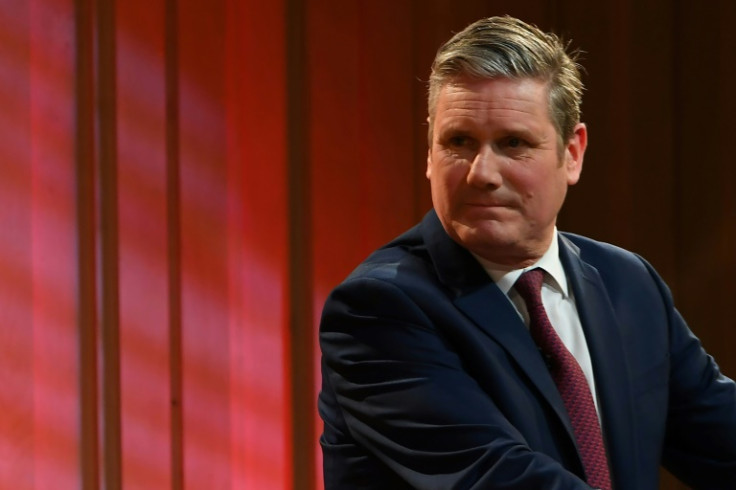
In a bid to win the next general election, expected to be held before January 2025, the Labour Party have pledged that it will end business rate relief for private schools.
As well as ending the financial aid being put towards the elite institutions, the left-wing party has also said that it will be charging an increased VAT price, currently measuring at 20 per cent.
The new charges set out to raise roughly £1.7 billion, which according to Labour, will be put towards tackling the staffing crisis in the education sector.
The extra funds "can be used to recruit 6,500 teachers for state schools", the Labour Party suggested.
However, criticising Labour's potential taxing of the wealthier institutions, trade unions warned that the move could hurt employees and "cost teachers jobs".
The Head Teacher of St Nicolas School in Essex, Terence Ayres, slammed Labour for its potential VAT increase as he noted that fees could increase to £3,000 each year.
St Nicolas is home to thousands of pupils, stemming from the ages of four and 16. The annual fees for pupils to attend the independent day school, currently stand at around £15,000.
For GCSE pupils, parents are charged an additional £400 to cover the cost of exams.
In regard to Labour's potential VAT increase hitting private school parents, Ayres explained: "There's not much room for us to manoeuvre regarding fees. We ultimately would have to pass the VAT on to our parents which would have a real impact on them."
The parents have already had to make "sacrifices to send their children" to St Nicolas School.
Labour Leader Keir Starmer said that the tax increase will be put in place to make sure independent schools are paying more tax to the government.
Findings discovered in 2019, show that people in top employment roles were "five times more likely to have been to a fee-paying school than the general population". The high-paid job titles include politicians, judges, leading civil servants and diplomats.
Francis Green, a Professor at UCL, said that private schools produce a "richly resourced" environment for the higher classes, posing a "serious problem for Britain's education system and society".
Private schooling "enables pupils to jump the queue for many of the high-status rungs of British society", he said.
According to Professor Green, private schools are "very socially exclusive" institutions that lead to a pipeline for fee-paying pupils to enter into top job roles and universities like Oxford University and Cambridge University.
While there are around 2,500 private schools across England and Wales, the UCL Professor went on to note that just 10 per cent of Britain's population is privately educated. However, that 10 per cent occupied a "high proportion when it comes to positions of public influence", Professor Green added.
If private schools are to succeed in taking on a charitable status, the institution must prove how it is generating "public benefit".
After obtaining its charity status, the private school is exempt from some taxes, including VAT. The UK government claims that half of the private schools in England and Wales are registered as charities.
Promoting private schooling in the UK, Rudolf Eliott Lockhart, the Chief Executive of the Independent Schools Association, said that the private education sector allows for diversity in society.
"Independent schools play a vital role in providing specialist provision and diversity of settings, whether Special Educational Needs, bilingual provision, performing arts schools, or educating within different types of religious ethos," he said.
Lockhart went on to note that "this diversity would be threatened by VAT on school fees, where it will be the smaller and less well-known schools that will be most vulnerable to closures".







